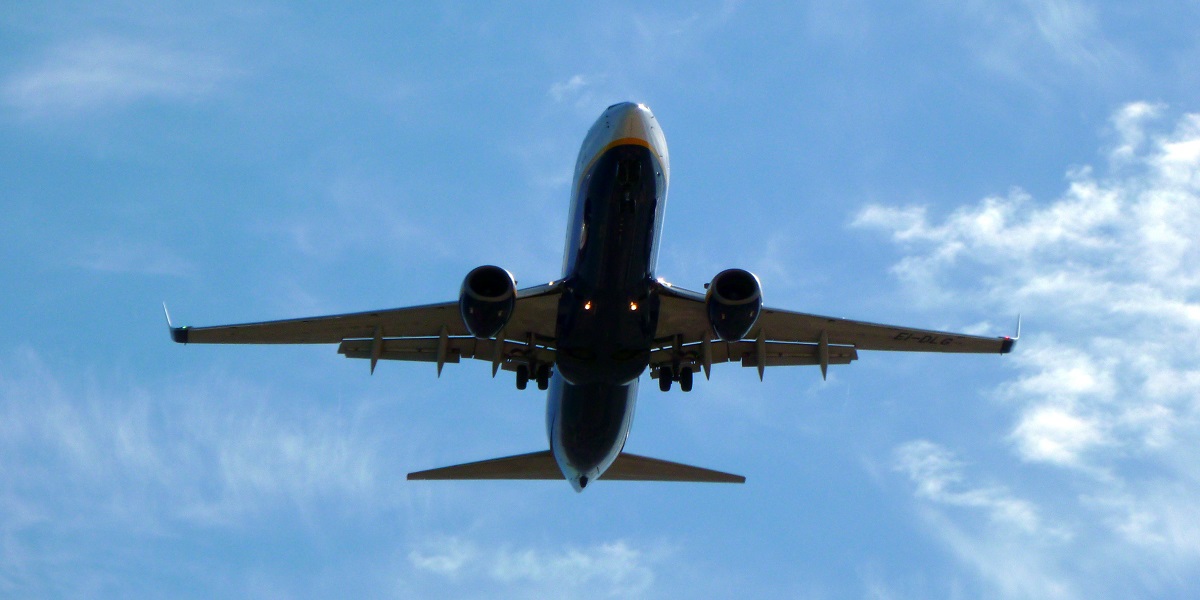Concern airlines could use loyalty data to discriminate on price
03 December, 2019
4 min read


Australia’s competition watchdog has raised concerns that airlines could use frequent flyer data to target individual customers and charge them inflated prices.
The potential for customer profiling and the misuse of the vast amounts of data collected by loyalty schemes has prompted the Australian Competition and Consumer Commission to call for improvements to loyalty schemes generally as well as legislative reforms.
The ACCC’s final report into customer loyalty schemes calls on program operators such as airlines, supermarkets and hotels to better inform customers about the use of their data.
It wants them to improve their data practices and to stop automatically linking members’ payment cards to their loyalty profiles.
READ our list of the best airlines for 2020.
It also calls for broader changes in consumer and privacy laws to prohibit unfair contract terms and trading practices.
“We are calling on companies that offer loyalty schemes to improve both their data practices and how they communicate with consumers, to help consumers understand how these programs operate,” ACCC Chair Rod Sims said.
“Even simple changes, such as more prominently alerting customers that their points are about to expire, for example, in the subject line of an email, could help prevent a consumer from losing points earned over several years.”
The ACCC is worried that the sharing with third parties of customer data is leading to an increase in unsolicited and annoying targeted advertising.
It also warned it could result in different consumers being offered different prices for an identical product or service.
The potential for this kind of individual pricing was raised in 2015 at an International Air Transport Association conference where it was suggested airlines could charge more for people who lived in wealthier suburbs.
There were reports at the time of travel companies like Obitz and American Airlines posting higher prices for customers using Apple's Safari web browser on the assumption they might be wealthier than Microsoft users.
“Many consumers are increasingly concerned about receiving targeted advertising, in some cases from companies that they have never dealt with before,” Sims said.
“There is also an emerging risk of real consumer harm if individual consumers were to be charged inflated prices based on profiling derived from their data.
“For example, if a person’s frequent flyer data or online search history indicates they can only travel on certain dates, or otherwise based on their income, geographic location or other information collected through the loyalty scheme they may be charged extra.”
Other concerns raised by the ACCC included vague loyalty scheme privacy policies and the broad consents they seek about how they will collect, use and disclose customer data.
The watchdog pointed to supermarket schemes that continued to collect customer data at the checkout even if they do not present their loyalty cards.
“They do this by tracking customers’ credit or debit cards from previous transactions,” Sims said.
“When a customer chooses not to present their loyalty card, we think it is reasonable that they would not expect their data to be collected for that transaction, and we are therefore calling on the relevant schemes to stop this practice.”
A spokeswoman for Virgin Australia, which boasts 10 million members and 300 brands under its Velocity loyalty scheme, said the airline did not price dynamically based on personal characteristics.
The spokeswoman said airfare pricing on any given route was driven by a combination of factors, including demand, how close the date of booking is to the date of travel, seasonality, operating costs and third party costs such as airport pricing and taxes.
She said the company regularly reviewed its policies to ensure members were clearly informed about the Velocity program, including data policies.
"Velocity is always looking at ways to improve and has taken on-board many of the ACCC’s observations to enhance our member terms and conditions and privacy policy,'' she said.
Qantas, which has about 13 million members, also promised improvements for its frequent flyers.
It said people chose to join its loyalty program because they could see benefits and value, such as the five million reward flights taken last year
"There’s a lot about our frequent flyer program that our members tell us they love but there are also areas of the program that have increasingly come under pressure as a result of rapid expansion which is why we made significant changes to the program earlier this year like slashing carrier charges, making a million more reward seats available and making it easier to find seats on our website,'' the airline said in a statement.
Next Article
2 min read
Qantas triples profit but misses mark

Get the latest news and updates straight to your inbox
No spam, no hassle, no fuss, just airline news direct to you.
By joining our newsletter, you agree to our Privacy Policy
Find us on social media
Comments
No comments yet, be the first to write one.
